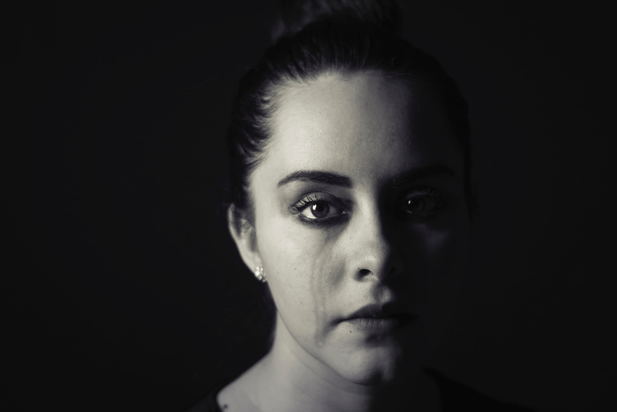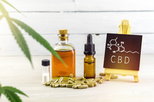It's no secret that medical marijuana has exploded in popularity in recent years. Although it remains controversial in some medical communities, its loyal fanbase continually praises marijuana for treating everything from insomnia and chronic pain to depression and autoimmune disorders.
Recently, a new study has found that marijuana shows a promising effect in treating post-traumatic stress disorder (PTSD) symptoms. With PTSD impacting thousands of Americans every year, this treatment approach could represent a revolutionary option for such struggling individuals.
Understanding PTSD Treatment
PTSD is a complex and chronic anxiety disorder. It can result from either direct or indirect exposure to trauma, and its symptoms can include:
- intrusive flashbacks
- intense feelings of guilt and shame
- nightmares and sleep problems
- hypervigilance (being aroused, jumpy, and paranoid in specific settings)
- extreme anger and irritability
- relationship problems
- avoidance and withdrawal from places, people, or things reminiscent of the trauma
For those who do seek help, the majority of treatment is rooted in cognitive-behavioral therapy and antipsychotic medication. The therapy helps address distorted thoughts related to the trauma (which inadvertently can help improve the feelings and behaviors). The drug can help with hyperarousal, depression, and anxiety.
Unfortunately, many people do not receive adequate treatment for their PTSD. They may downplay or rationalize their symptoms. They may justify them as being "not that bad."
These individuals might turn to escape or self-medicating methods via alcohol consumption, substance use, compulsive shopping or gambling, eating disorders, and infidelity.
Marijuana Treatment For PTSD
As mentioned, many people turn to substance use to "treat" their PTSD symptoms. Marijuana may be one of those leading contenders.
Marijuana works by stabilizing natural bodily processes, such as memory, sleep, and fear. THC (tetrahydrocannabinol) and CBD (cannabidiol), two properties of the cannabis plant, have long been associated with relaxation, pleasure, and calmness—all of which can help reduce the severity of PTSD symptoms.
For decades, marijuana has remained a subject of controversy. As more states move towards legalization, attitudes on the substance have shifted. Today, more people than ever are open to the idea of using marijuana for its medicinal properties.
Research is continuing to evolve in showing how marijuana can positively support these individuals. For example, one study found that low-risk marijuana users were less likely to have a major depressive episode or experience suicidal thoughts than non-users. However, high-risk users did not have these same benefits.
Risk Factors
Marijuana isn't without its risks. Its mood-altering properties can create a numbing effect, and some people become dependent on this effect to function.
When someone begins abusing marijuana, they may neglect other essential responsibilities related to their family, work, health, or school. They may start spending excess time obtaining, using, or even recovering from marijuana's effects.
Therefore, individuals who struggle or have struggled with substance abuse or other compulsive issues should practice caution when debating the pros and cons of marijuana use. It can be easy to rationalize overusing the drug, and it can be easy to slip back into old, dangerous habits.
If you or someone you know is struggling with a mental health condition, please visit our directory of treatment centers or call 800-772-8219 to start the path to recovery.








